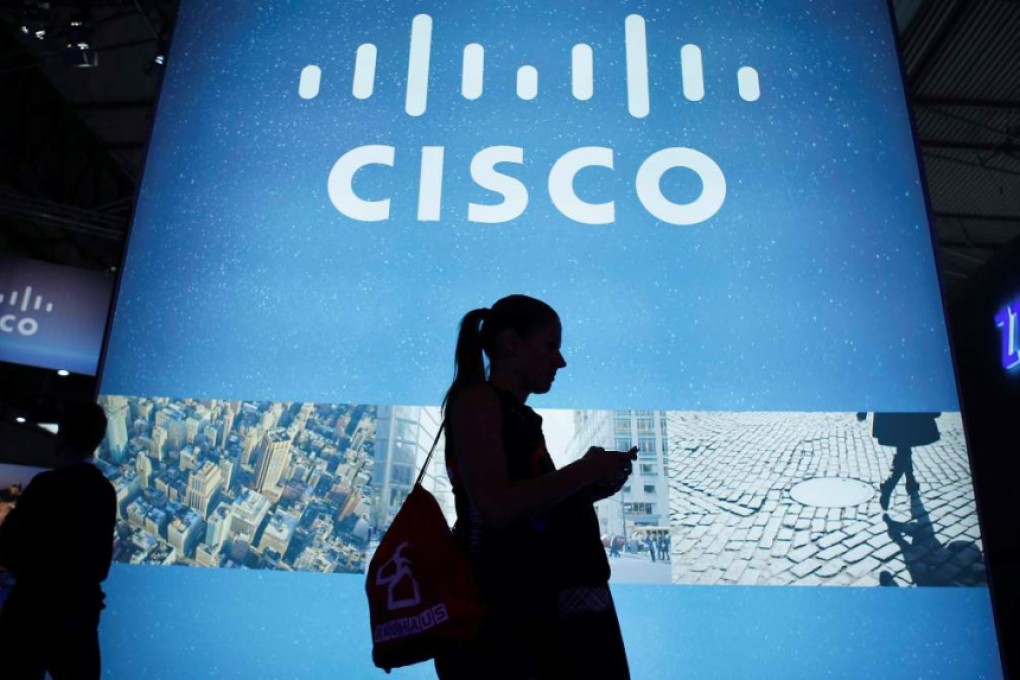Apple, Cisco gear off Beijing's shopping list in surveillance fears
China has dropped some of the world's leading technology brands from its approved state procurement lists in what some analysts said was a response to cybersurveillance.

China has dropped some of the world's leading technology brands from its approved state procurement lists in what some analysts said was a response to revelations of widespread Western cybersurveillance.
More locally made products were approved, which others put down to an impulse to shield China's domestic technology industry from competition.
The chief casualty was US network equipment maker Cisco Systems, which in 2012 had 60 products on the Central Government Procurement Centre's (CGPC) list, but by late 2014 had none, an analysis of official data showed.
Smartphone and PC maker Apple has also been dropped over the period, along with Intel's security software firm McAfee and network and server software firm Citrix Systems.
The number of approved foreign tech brands fell by a third, while less than half of those with security-related products survived the cull.
An official at the procurement agency said there were many reasons why local makers might be preferred, including sheer weight of numbers and the fact that domestic security technology firms offered more product guarantees than overseas rivals.
China's change of tack came after leaks by former US National Security Agency (NSA) contractor Edward Snowden in mid-2013 that exposed several global surveillance programmes, many of them run by the NSA with the cooperation of telecom companies.